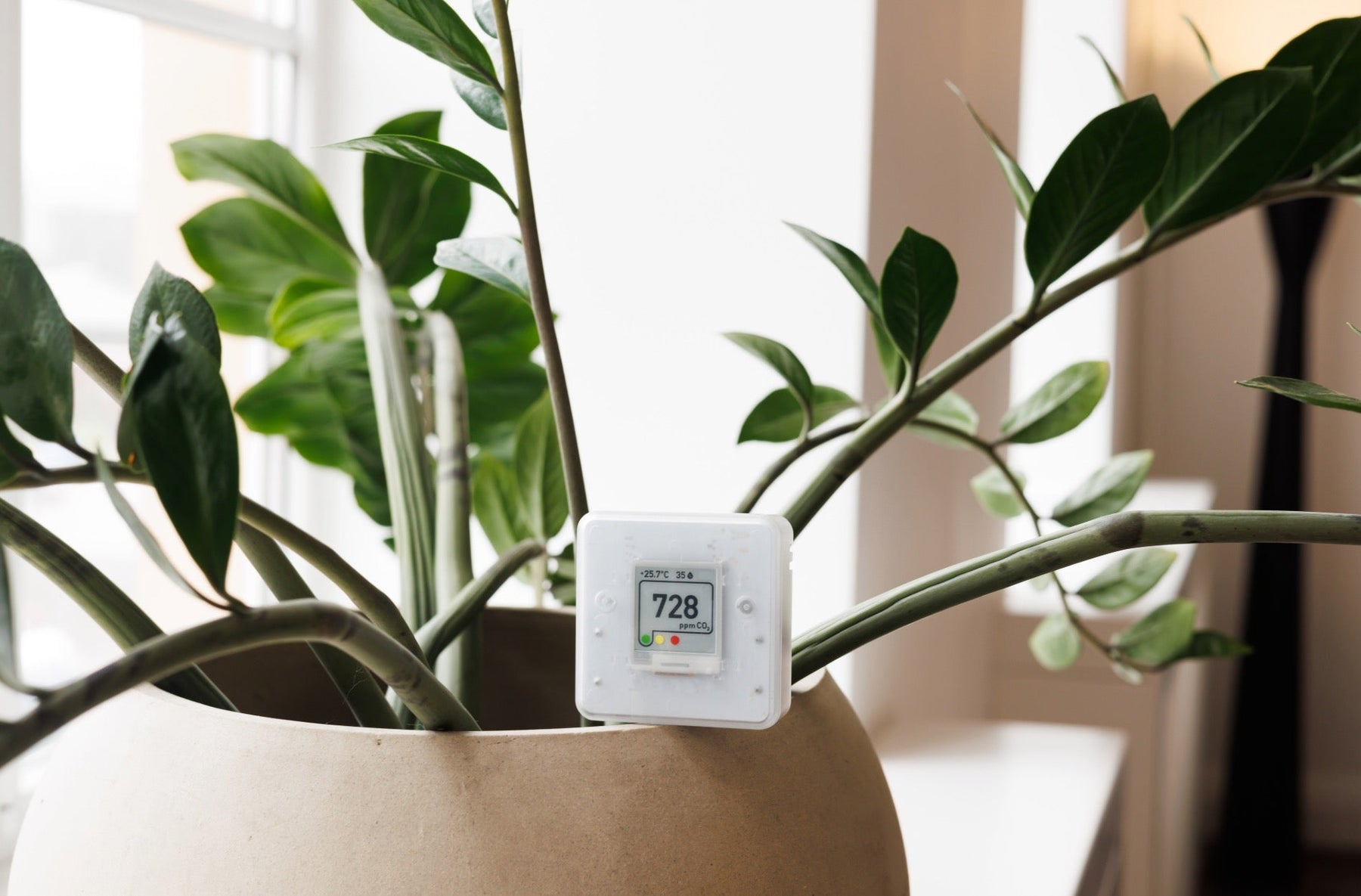
Understanding Your House Filter System
When you think about the air you breathe at home, what comes to mind probably isn’t the filter system pulling out dust, pet dander, and other stuff you don't want to inhale. But your house filter system plays a big part in how clean and healthy that air really is. Even if your home looks spotless, air filters are still doing a lot of work behind the scenes to help keep it that way.
Many homeowners don’t think twice about their house filter system until something goes wrong, like constant sneezing, off smells, or dust gathering faster than usual. Understanding how the system works, what types are out there, and how it benefits both your health and your appliances can help you stay a step ahead. Let’s talk about what a house filter system does and why it deserves a little more attention.
What Is A House Filter System?
A house filter system is exactly what it sounds like. It's a setup that keeps the air inside your home cleaner by removing unwanted particles before they recirculate. These systems are usually part of your HVAC unit and help manage indoor air quality without you having to do much on a daily basis.
At the most basic level, the system pulls air through a filter before it moves back into your living spaces. The filter traps things like dust, spores, pet hair, smoke, or even mold particles, depending on the type of filter you're using. Some systems use one primary filter in the central air return, while others might also have smaller filters located in vents throughout the house.
Here are the most common types of house filters:
- Fiberglass filters: These are affordable and disposable. They're good for trapping larger particles but don’t do much to improve air quality.
- Pleated filters: These have more surface area and catch smaller particles like pollen and mold spores.
- HEPA filters: High-efficiency filters that trap tiny pollutants, including allergens and some bacteria.
- Electrostatic filters: These use static electricity to collect particles and are often washable or reusable.
- Activated carbon filters: Good for pulling in odors and gases. They’re often used alongside other filters, not by themselves.
Each filter type serves a different purpose. If you have pets or someone in the house with asthma or allergies, you might want a filter that’s designed for fine particles and allergens. Smaller homes without pets might do fine with something more basic.
Choosing a filter is more about real-life conditions than just grabbing the most advanced option. Think about what's going on in your home so you can get the right match.
Benefits Of Using A House Filter System
A house filter system does more than just push clean air through your vents. It makes a big difference in how your home smells, feels, and operates. Regular filtration helps keep unwanted particles out of the air, which can benefit your health and protect the equipment in your home.
Here are some of the perks:
- Cleaner air overall: Filters help remove allergens like pollen, mold spores, pet dander, and smoke. This can reduce sneezing, irritation, and that stale-feeling air.
- Better HVAC system performance: When dirt and dust are kept out of your HVAC unit, it runs more smoothly and efficiently.
- Fewer lingering smells: Filters with activated carbon can remove odors caused by cooking, pets, or smoking.
- Less dust on surfaces: Cleaner air means less dust falling on furniture and floors, which means less cleaning.
- Protection for household items: When the air you're breathing is clean, it's also better for household electronics and appliances that can wear down more quickly from dirty airflow.
Think of the filter system as your home's quiet helper. You don't notice it's there when it’s doing its job well—only when the air starts feeling off or smells something's not right.
How To Choose The Right House Filter System
Picking the right house filter system isn’t as tricky as it might sound. Instead of trying to figure it all out at once, break it down based on the needs inside your home and the air conditions in your area.
Here are a few things to think about:
1. Know your allergies: If someone in your household deals with asthma or allergies, look for filters that catch tiny particles like pollen, dust mites, or mold.
2. Consider the local environment: Live near industrial areas, wildfires, or high pollen zones? You may want HEPA filters for fine particles or activated carbon for handling bad smells.
3. Check your HVAC specs: Make sure the filter you buy is the right size and type that your HVAC unit can handle. Using the wrong filter can cause the system to work harder and wear down faster.
4. Have a spending plan: Filters come at all price points. Don’t just look at the upfront cost—some high-quality filters last longer or help lower energy bills by keeping your system running better.
5. Think about time and effort: Some filters need changing every month. Others might be reusable or last longer. Choose something that fits your routine so you're not always playing catch-up.
The goal is to find a system that fits well with your lifestyle, your home setup, and the air conditions you're working with day to day.
Maintenance Tips For Your House Filter System
To get the most out of your house filter system, a bit of regular care goes a long way. Filters can’t do their job if they’re clogged with dust and debris. Here’s how to keep things working right:
- Regular inspections: Take a look at your filter once a month. Even if you don’t replace it that often, checking it tells you whether it’s blocking too much or letting particles slip by.
- Replacement schedule: Follow the manufacturer’s suggestions, but for most homes, expect to replace or clean your filter every 90 days. If you have pets or someone with allergies, you might need to do it more often.
- Watch for warning signs: When air flows more slowly, dust starts piling up faster, or there’s a lingering odor, your filter might be maxed out.
- Keep it clean around the unit: If dust is building up near your HVAC return or vents, clean those areas too. Your filter can’t handle the whole job if outside debris keeps clogging everything.
- Bring in a pro: Having your HVAC system checked by a technician once or twice a year helps catch problems early. They'll make sure your system, filters included, are still doing their job well.
Filters are often overlooked until air quality drops or your electric bill goes up. But it’s much easier to keep things running smoothly when you’re on a regular maintenance rhythm.
Keeping Your Home Air Clean And Healthy
Your house filter system keeps the air you breathe fresh, clean, and healthier without creating work for you every day. With the right type of filter and a good upkeep routine, you prevent problems before they start and help your HVAC do its job better.
Choosing the right system means thinking about your lifestyle and who lives in your home. Are there allergies to consider? Are there pets? Is the area you live in known for heavy pollen or smoke? Matching the solution to the problem is the key.
Don’t wait until dust is building up or someone in your house is sneezing constantly. Filters may be out of sight, but they shouldn’t be out of mind. Staying on top of replacements and having your system looked at regularly can save money and headaches over time.
Cleaner air means better living. A little attention to your house filter system helps make sure everyone feels more comfortable and your appliances last longer too. Keeping things simple, consistent, and clean goes a long way.
Whether you're looking to upgrade or maintain what you already have, understanding your house filter system is key to cleaner air and a healthier home. Head over to Compressor Filter Hub to explore our selection of filters and find the perfect fit for your needs. Your home deserves nothing less than the best when it comes to fresh, clean air. Discover more about your house filter system today.
